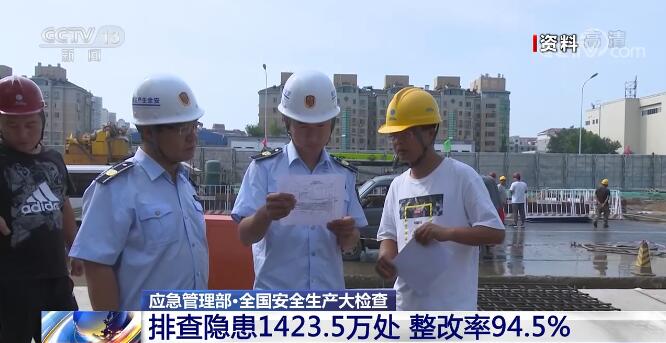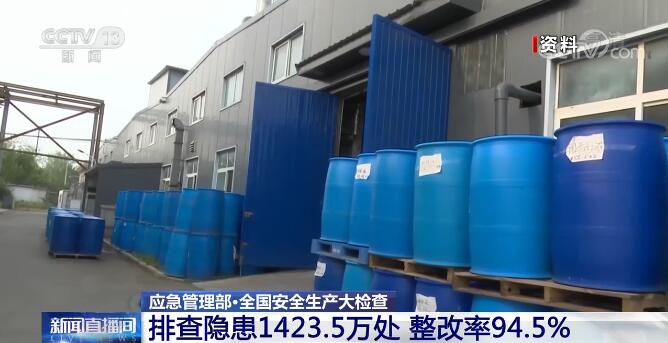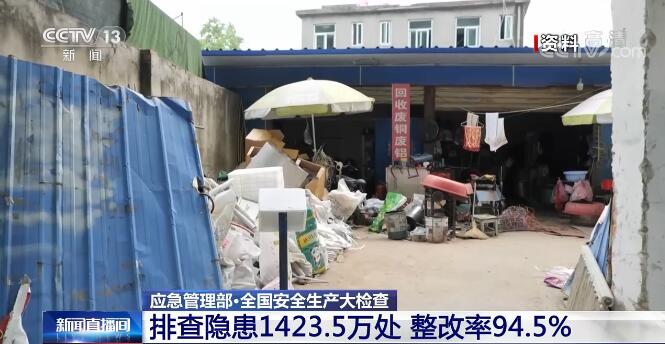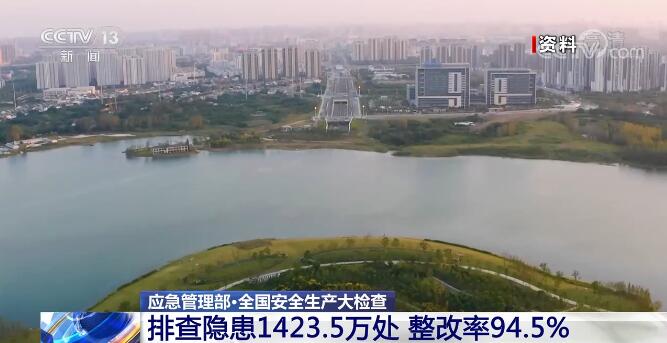Heavy rainfall caused water accumulation in many roads in Qingyang, Gansu Province, and the local fire department urgently rescued and drained.
CCTV News:A few days ago, Qingyang City, Gansu Province also suffered from continuous heavy rainfall, and water accumulated in many roads, which hindered people’s travel. The local fire department urgently carried out hidden danger investigation and emergency rescue and drainage work.
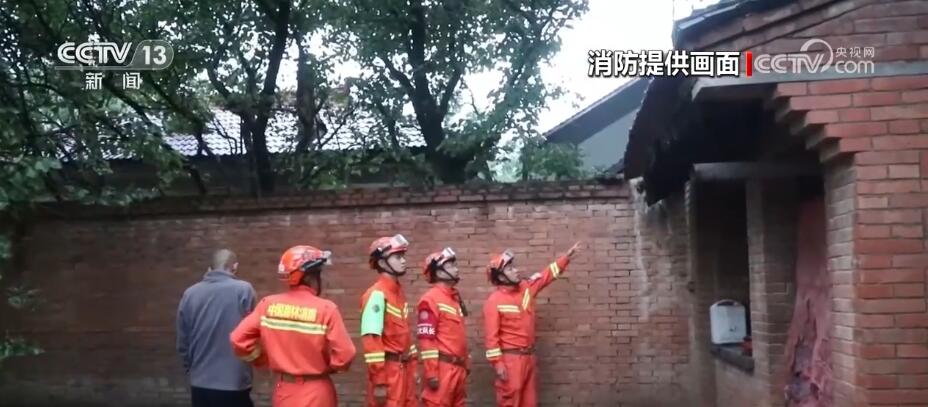
Firefighters found through drone reconnaissance that there was serious water accumulation on the road surface of Liujialing Village, Wenquan Town, Xifeng District, Qingyang. Because the road is connected with the residents’ houses, the soaking of accumulated water led to the collapse of some residents’ doorways. On the way to the scene, firefighters found that there was water in some sections, and firefighters commanded passing vehicles to avoid danger in time. Firefighters are divided into several groups and use portable pumps to work at the same time to discharge accumulated water. Subsequently, sandbags were used to heighten and contain the nearby houses.
In order to prevent water from flowing backwards, firefighters went door-to-door to visit more than 300 houses nearby to eliminate hidden dangers. In some low-lying houses, firefighters used sandbags and mud to reinforce them, and the containment length was 200 meters, and five fallen trees that were blown down nearby were cleaned up.
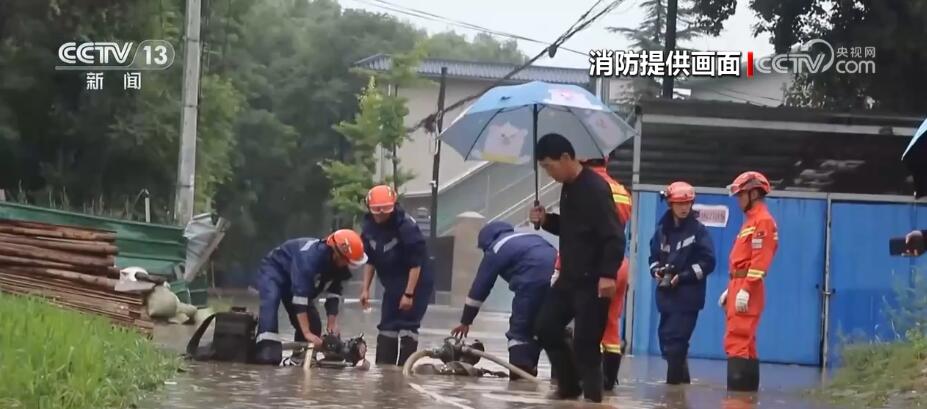
There is serious water accumulation in the tunnel about 400 meters north of high-speed railway station, Qingyang, and the road surface is impassable. Rescuers immediately set up a cordon and set up eight pumps to work at the same time.
After 10 hours of continuous operation, firefighters finally cleaned up the accumulated water and pumped more than 800 cubic meters.
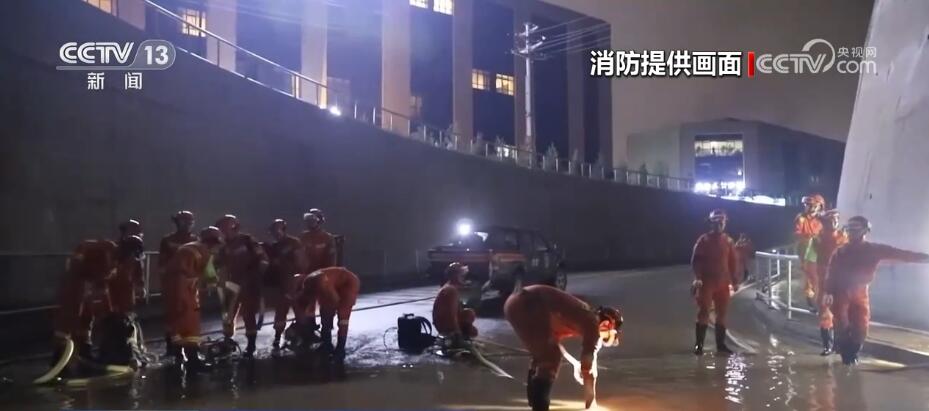
In the G211 section of Ning County, Qingyang City, water accumulated on the pavement, with a depth of 0.5 meters. Firefighters and highway managers used shovels and pumps to clean up stagnant water, dredge drainage pipes, eliminate many road dangers and restore road traffic.
